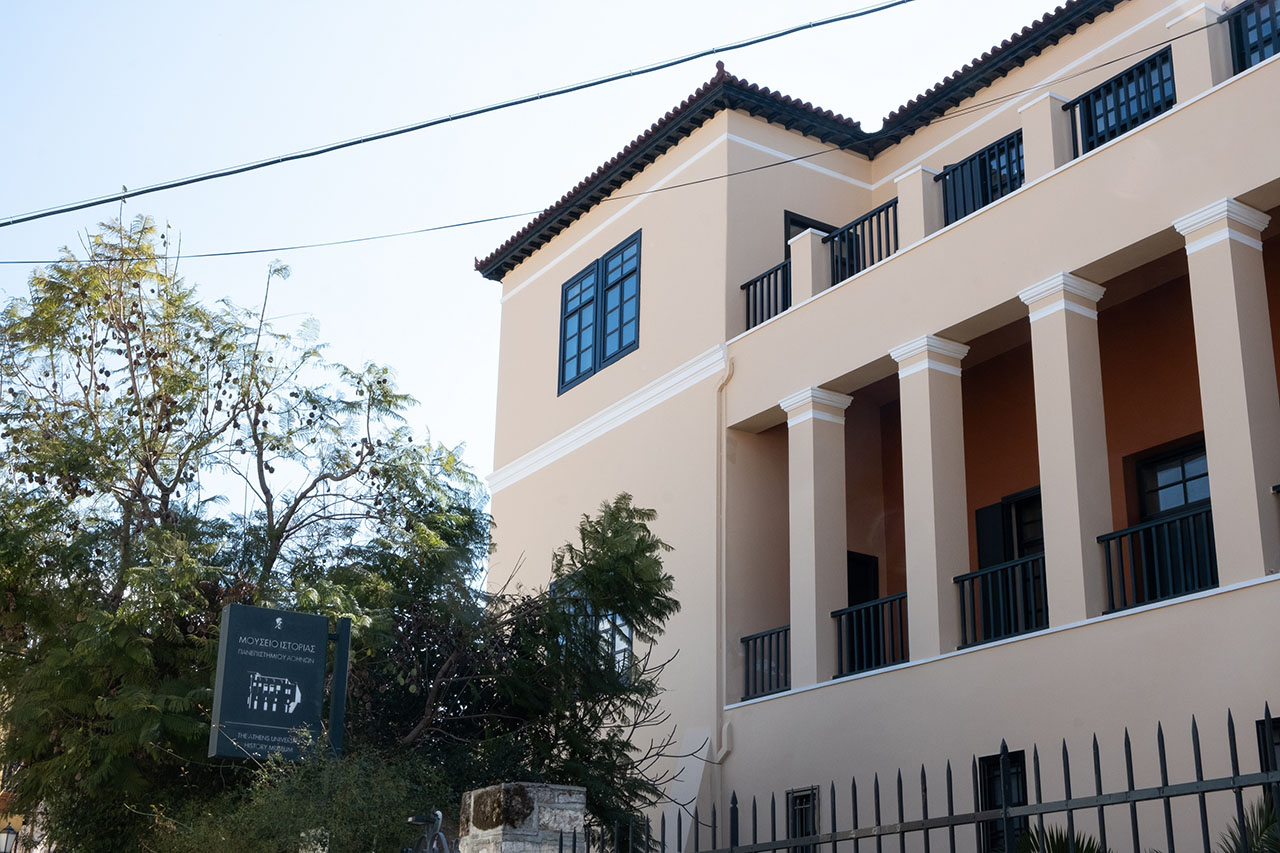Contact
ADDRESS
STAVROS NIARCHOS FOUNDATION
CULTURAL CENTER
364 Syggrou Avenue, Kallithea
TEL.
Box Office:
+30 213 0885700
Box Office email:
boxoffice@nationalopera.gr
Daily 09.00-21.00
info@nationalopera.gr
Register to our Newsletter


Works for two soloists, viola, cello and piano
Conception Nicolas Vassiliou
Performers:
Myrsini Margariti soprano
Chrissa Maliamani soprano
Alexandros Botinis cello
Angela Υannaki viola
Victoria-Fioralba Kiazimi piano
Practical information:
- Audience members can enter all venues for free, on a first come first served basis. No advance booking is required.
- Due to the limited space available in many of the festival venues, some of the concerts will be repeated up to three times per day, to give the chance to as large an audience as possible to attend them.
- The concerts of the festival will be of short duration (from 25 to 40 minutes on average), so that audience members can attend more than one, if they wish so.
- The distance from one venue to the other is small, so that audience members have the chance to enjoy many of the festival events.
- The detailed programme will be available online at nationalopera.gr and digitalculture.gov.gr, while the printed programme that will be distributed to the public will include a map with all the venues, summary descriptions of the events, and QR codes referring to the detailed programme on the GNO website.
- All preventive measures against COVID-19 will be adhered to in all venues.
Starts at 18.00 and 19.00 | 
Duration: approx. 30 min.
Capacity max. 50 person

This work features scores by leading composers of the 20th century written between the 1930s and 1990s, which, despite their diverse origins, marked musical creation with their highly personal voices that are inextricably associated with the metaphysical element. The programme includes works by the Italian enigmatic self-exiled scholar of ancient civilisations and close friend of Jani Christou, Giacinto Scelsi, the British composer John Tavener, who converted to the Christian Orthodox faith and has imbued with it his entire musical output ever since, and by (also) British composer Peter Maxwell Davies, whose Scottish descent is captured in his avant-garde writing through the use of a dark, gothic element and the constant connection with the school of polyphony and its musical idioms.
Alongside them, Georgian composer Giya Kancheli, a special proponent of neo-minimalism, who uses fragments of biblical texts as “sounds among the silences of air”, as he characteristically says, and also, leading German composer Paul Hindemith, exponent, among other things, of utilitarian music, with his legendary work Trauermusik, that exudes a Mozartian fragrance and was written only within a few hours, in memory of King George IV of England. — N. V.
PROGRAMME
John Tavener (1944-2013)
Threnos [1990]
Giacinto Scelsi (1905-1988)
Lilitu [1962] - Soloist: Myrsini Margariti
Paul Hindemith (1895-1963)
Trauermusik [1936]
Peter Maxwell Davies (1934-2016)
Agnus Dei [1984]
Leoš Janáček (1854-1928)
Frýdecká panna Maria (The Madonna of Frydek) from the cycle of fifteen piano pieces Po zarostlém chodníčku (On an Overgrown Path) [1911]
Giya Kancheli (1935-2019)
Caris Mere [1994] - Soloist: Chrissa Maliamani
Athens University History Museum
The Athens University History Museum is housed in the building known as “Kleanthis’ Residence” or “Old University” that is situated at 5 Tholou St in Plaka, underneath the Acropolis. Its history dates way back before the 18th century, making it one of the few surviving buildings of the pre-Ottoman era. It has the rare privilege to be housed in the same building that housed the first University of independent Greece (1837-1841), which was also the first University in the Balkan peninsula and the wider Eastern Mediterranean region. It first opened as a Museum in 1987, inviting visitors to learn all about the foundation of tertiary education in Greece and the academic legacy of the National and Kapodistrian University of Athens.
First Sacred Music Festival info leaflet available to read and download here
STAVROS NIARCHOS FOUNDATION
CULTURAL CENTER
364 Syggrou Avenue, Kallithea
Box Office:
+30 213 0885700
Box Office email:
boxoffice@nationalopera.gr
Daily 09.00-21.00
info@nationalopera.gr